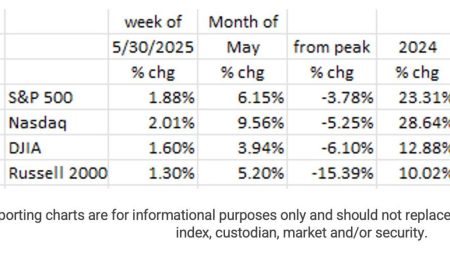The aging process can present multifaceted challenges for both elderly individuals and their families. While some aging experiences are relatively manageable, others can become emotionally charged and fraught with conflict, especially when manipulative behaviors emerge. This dynamic is particularly poignant when aging parents, facing their own vulnerabilities and anxieties, resort to tactics like guilt-tripping, emotional blackmail, or playing siblings against each other to maintain a sense of control. Adult children caught in this web can feel trapped, resentful, and emotionally drained, torn between fulfilling their filial obligations and protecting their own well-being. This struggle is often exacerbated for the “sandwich generation,” individuals simultaneously caring for their own children and aging parents, who find themselves stretched thin between competing demands and responsibilities.
Manipulation often begins subtly, escalating over time, making it crucial to recognize the patterns. Guilt-tripping, often cloaked in expressions of past sacrifices, aims to evoke a sense of obligation and indebtedness. Emotional blackmail, ranging from threats of self-harm to disinheritance, leverages fear and anxiety to coerce compliance. Playing siblings against each other creates a competitive dynamic, weakening the children’s united front and allowing the parent to manipulate individual responses. Identifying these tactics is the first step in breaking the cycle of manipulation and regaining a sense of control. Once the behavior is recognized, the emotional responses it triggers can be separated from the chosen reaction, allowing for a more thoughtful and strategic approach.
Understanding the underlying reasons behind manipulative behavior can foster empathy and inform a more compassionate response. The fear of losing independence, a natural consequence of aging, can drive individuals to exert control over their surroundings, often manifesting as manipulation. This fear is often intensified by cognitive decline, as the awareness of diminishing abilities fuels anxiety and a desire to maintain autonomy. Pre-existing personality disorders, such as narcissism, can be exacerbated by the aging process, amplifying manipulative tendencies. Loneliness, a common experience among the elderly, can also contribute to manipulative behaviors as individuals seek attention and connection, even through negative interactions. Recognizing these underlying factors allows for a more nuanced understanding of the parent’s actions, promoting a more empathetic approach while maintaining firm boundaries.
Responding effectively to manipulative behavior requires a multi-pronged approach. Setting clear and consistent boundaries is essential. This requires communicating expectations clearly and enforcing them consistently, despite potential pushback from the parent. Resisting the urge to engage emotionally with the manipulation is equally important. Arguments and defensiveness only fuel the manipulative behavior by providing the desired reaction. Instead, remaining calm and detached, or even disengaging from the conversation entirely when necessary, can diffuse the situation and prevent further escalation. Dr. Mikol Davis’ “Do Not Respond” method, which involves remaining silent and expressionless in the face of verbal attacks, then changing the subject, offers a practical technique for disarming manipulative tactics. This approach denies the manipulator the desired emotional response, often leading to a cessation of the behavior.
When family dynamics become deeply entrenched and difficult to navigate independently, seeking external support can be invaluable. Professionally trained elder mediators, particularly those with legal expertise, can provide neutral guidance and facilitate productive communication. This is particularly relevant when issues like disinheritance are involved, requiring an understanding of legal ramifications and estate planning considerations. Choosing a lawyer-mediator in such situations ensures that the mediation process is informed by legal knowledge and that the rights and interests of all parties are protected. Mediation can offer a structured and supportive environment for families to address underlying issues, negotiate solutions, and restore healthier communication patterns.
Navigating the complexities of aging parents requires a delicate balance of compassion, understanding, and self-preservation. Focusing on controllable aspects, such as one’s own responses and boundaries, empowers individuals to navigate challenging situations more effectively. It is essential to remember that changing a parent’s behavior is often beyond an adult child’s control. Limiting exposure, when necessary, can provide a respite from emotionally draining interactions, allowing time to regroup and approach the relationship with renewed perspective. Perhaps the most crucial aspect of managing these challenging dynamics is letting go of guilt. Recognizing that saying “no” to unreasonable demands does not equate to being a bad child, but rather a healthy adult setting necessary boundaries, is paramount for self-preservation. Prioritizing one’s own mental and emotional well-being is not selfish, but a necessary act of self-care, enabling individuals to provide support more sustainably and effectively in the long term. Ultimately, helping aging parents requires a multifaceted approach that balances compassion with firm boundaries, and prioritizing one’s own well-being is not selfish but essential for navigating this complex and often emotionally charged journey.










